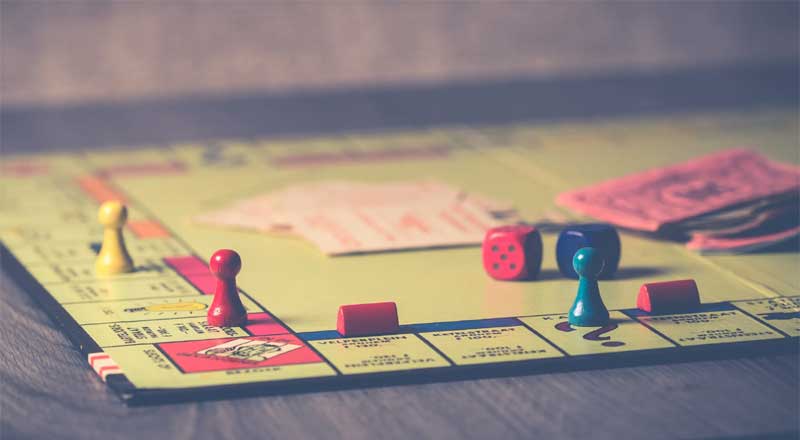What Are You Waiting For?
When I was 21, my late husband told me, “This is my train, and you’re welcome to ride it. If at anytime you don’t like the destination, you’re free to get off, but overall, you won’t find a better ride anywhere.” As I think back on his statement, I realize it was selfish, egotistical and often ignored what was in my best interest. If I’d been the tour director, we wouldn’t have traveled the same route. Although I was offered a choice of stops along the way, the decision to stay on board, or get off, was always mine.
Much of the time, we traveled the world in search of places where no one spoke English, you couldn’t get a cheeseburger, and a room for the night was a hammock with a skinned squirrel overhead that dripped blood onto our foreheads. He was a natural born teacher, and I was his Eliza Doolittle, encouraged to become a mixture of Barbarella, Margaret Thatcher and Sally Ride. In many ways, that journey has served me well, plus I’ve realized he was right, and wrong, about a great many things.
Recently I was interviewed by a young reporter, and one of her questions was what advice would I give my 21-year-old self? Thinking about that young woman, who was often a passenger on someone else’s train, my answers were “don’t be afraid to say no,” “listen to your little voice,” “don’t be afraid to try something new,” and “what are you waiting for?” I believe those are sage words of wisdom, regardless of our age, but particularly if we hear a clock ticking somewhere in the back of our mind.
Everyone’s clock is driven by different things: money, ego, God, love, sex, health, and ultimately, death. What if, when we’re nearing the end of our lives, we realize we’ve spent our time worrying about the wrong things and missed all that was right about our lives? What if we’ve spent our time worrying about when, and if, breast cancer will return? Isn’t that focusing on dying instead of living, and if that’s true, then we’re not really living. We’re simply marking time like a prisoner in a cell; only our cell is a self-imposed prison. The question then becomes, how do we get off of the train we’re on and change destinations, or change our way of thinking and acting so it becomes an acceptable destination? Better yet, what happens to us, to those who love us, if we don’t do anything but stay on the same already departed course?
One thing I’ve learned is we should all be the conductor of our own train. While our decision to stay, or get off, will probably be determined by what’s in the best interest of those around us, and not just ourselves, we should still: “listen to our little voices” “don’t be afraid to try new things, and don’t be afraid to say no.” That brings us to the only thing other piece of advice I would give my younger self. “What are you waiting for?”




